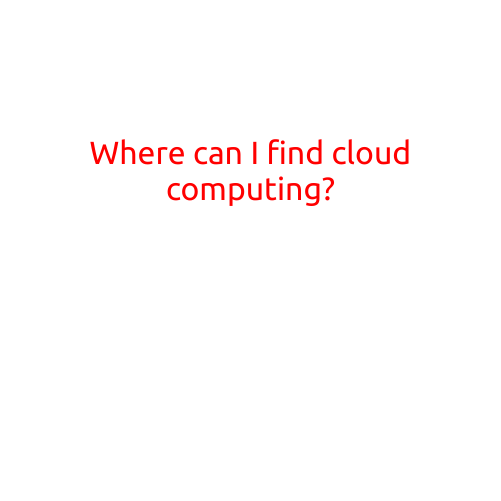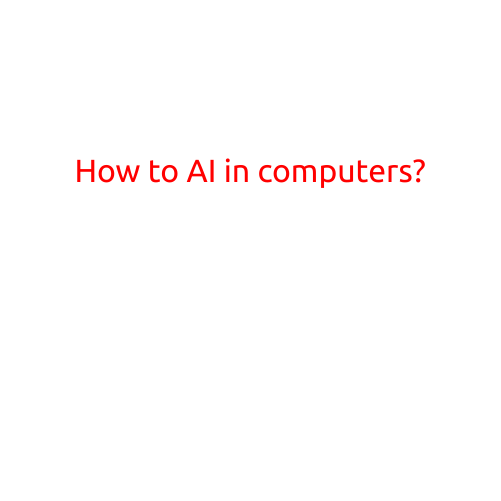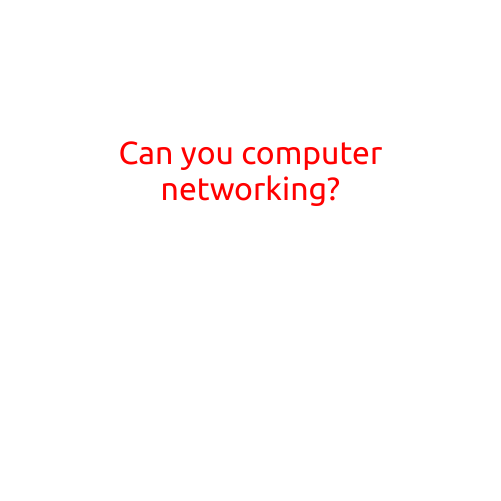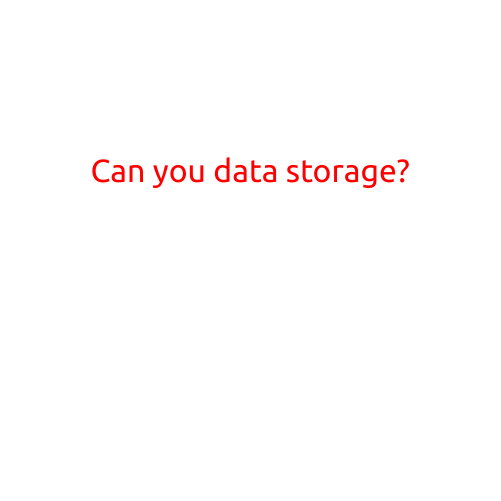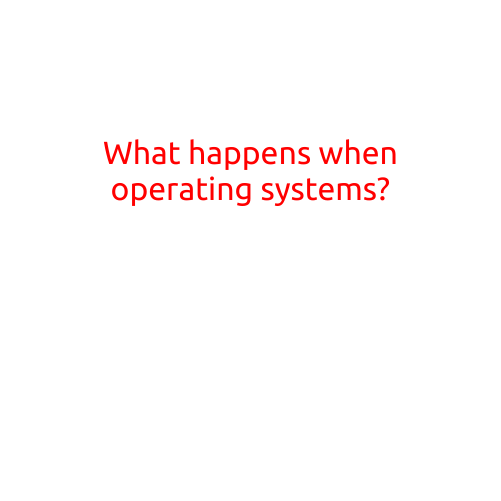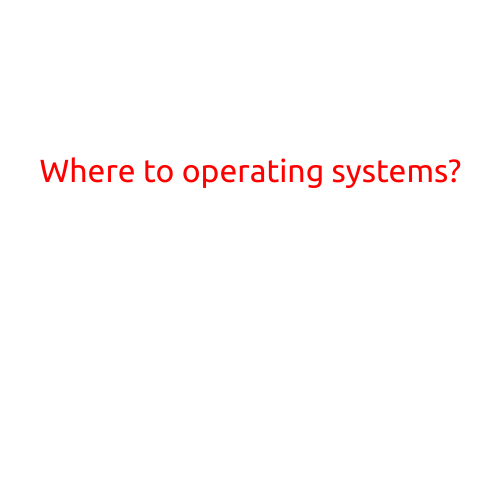
Where to Operate Systems?
In today’s digital age, operating systems (OS) play a vital role in bridging the gap between humans and machines. With the increasing reliance on technology, the demand for efficient and reliable OS has grown exponentially. But, with so many options available, it can be daunting to decide which one to use. In this article, we’ll explore the leading contenders in the operating system market, highlighting their strengths and weaknesses to help you make an informed decision.
Desktop Operating Systems
For personal computers and laptops, the primary contenders are:
- Windows: Developed by Microsoft, Windows is the most widely used OS globally, thanks to its dominance in the business and consumer markets. Windows 10 is the latest version, offering enhanced security features, improved performance, and compatibility with a vast range of hardware and software applications.
- macOS: Apple’s macOS is a popular choice for those invested in the Apple ecosystem, offering a seamless user experience, robust security, and an intuitive interface. The latest version, macOS Catalina, features improved performance, enhanced security, and compatibility with iOS devices.
- Linux: Linux is an open-source OS that has gained significant popularity due to its customizability, flexibility, and affordability. Popular Linux distributions like Ubuntu, Debian, and Fedora cater to various user types, offering an alternative to the proprietary Windows and macOS.
Mobile Operating Systems
For smartphones and tablets, the top contenders are:
- Android: Developed by Google, Android is the most widely used mobile OS, chosen by a majority of smartphone manufacturers. Android 10 is the latest version, offering improved security, enhanced performance, and a seamless user experience.
- iOS: Apple’s iOS is a popular choice for those invested in the Apple ecosystem, offering a secure, user-friendly, and highly integrated experience with other Apple devices.
Server Operating Systems
For dedicated servers and cloud infrastructure, the leading contenders are:
- Linux: Linux is the most popular server OS, offering high reliability, scalability, and customization options. Popular Linux distributions like CentOS, Ubuntu Server, and Debian cater to various server environments and workloads.
- Windows Server: Microsoft’s Windows Server is a reliable and secure choice for businesses, offering advanced features like Hyper-V virtualization, Active Directory, and Exchange Server.
** Conclusion**
In conclusion, each operating system has its unique strengths and weaknesses, catering to specific user needs and preferences. When choosing an OS, consider factors like compatibility, security, performance, and user interface to ensure the best possible experience. Whether you’re a personal user or a business professional, understanding the different operating systems available will help you make an informed decision and optimize your digital ecosystem.
